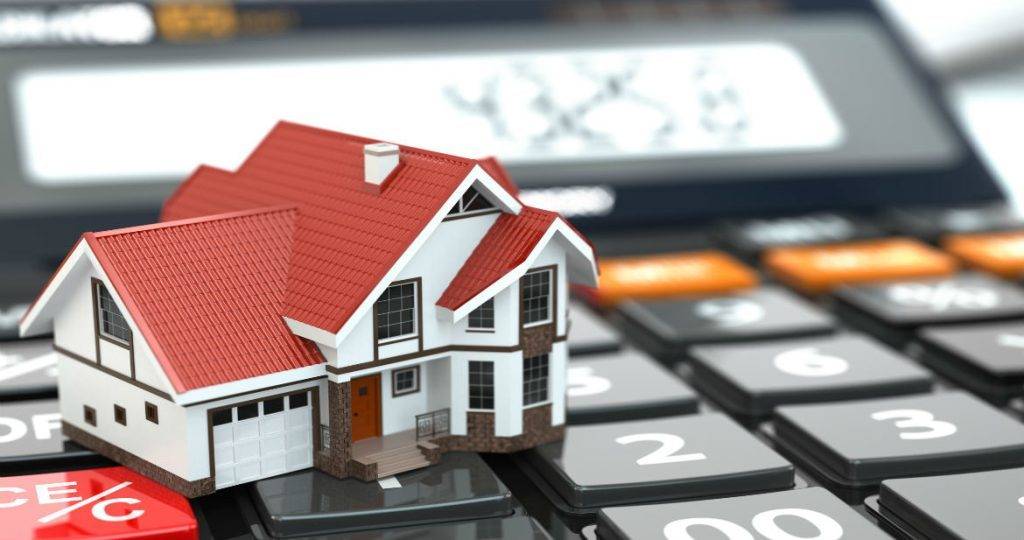
If you have ever invested in real estate, you will be aware of the different forms of real estate investments. There are active and passive investments. Active investments are the more traditional forms of real estate, however, we will discuss a few more options below.
How Much Can You Invest
The best way to determine what kind of investments may be best for you would be to base this off of the money you are willing and able to use towards this investment. Average families may not have large savings to put towards a traditional home.
However, if your goal is to purchase real estate and use it as your primary residence, you will most likely need to look into a home loan. Even with a mortgage loan, you will need an initial deposit to put down to get your loan.
It is best to save money over time if this is the approach you are looking to do. You also have the ability to purchase a home as a rental unit. You may not want to use this home as a primary residence but as a rental unit. Ultimately, this would be a very similar process to if you were planning on using the purchase as your primary residence.
If you plan on flipping a home, you may need a less amount for a loan but you will still need a large chunk of money. With less money, you can invest in REIT securities. REITs (Real Estate Investment Trusts) are companies that own and operate a large amount of commercial real estate. You can view share prices and pick what suits your budget!
Account for Taxes
If you are investing in Canada from a foreign place like the United States in the form of REITs, you will have to take into account what you must pay towards Canadian taxes. If you are looking at real estate in Toronto, you can see how a tax is essential.
The real estate market of Toronto is a great example of a strong market to build passive income. With Canada providing these opportunities to you, you’ll need to file a yearly tax return. You should prepare for this by putting away money for taxes.
A good rule of thumb is 25% of total rental income should be put aside for payout. Unfortunately, there is a nonresident sales tax of 25% on sales as well. This really just goes to show another benefit of becoming a resident of Canada.
There are ways to help your tax situation, however. You can look into filing some forms right after your real estate purchases and this could decrease your total tax payments overall. You should research your property tax structure before purchasing any real estate in Canada.
Ultimately, your tax situation is going to depend on if you are purchasing passive or active real estate. With primary residency, you are not going to be subjected to additional fees of a non-resident.
There are additional regulations in place for real estate purchases for personal or business ventures. Talk with a Canadian-based tax professional for help. If at all possible, hire a professional investor to work on behalf of you and they can sort out your best options based on your needs.
